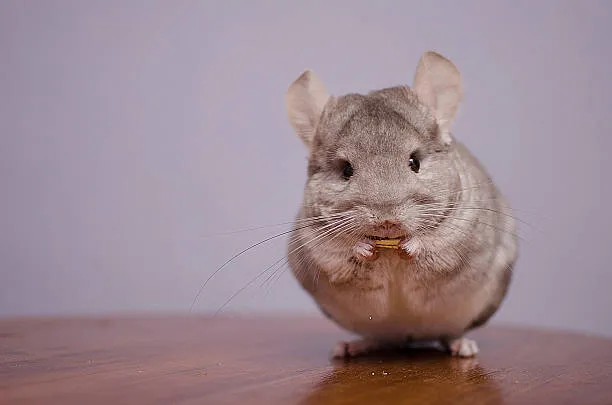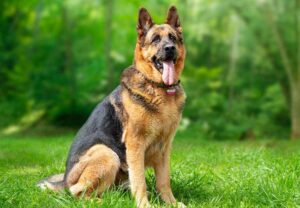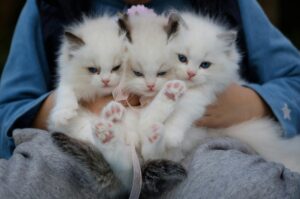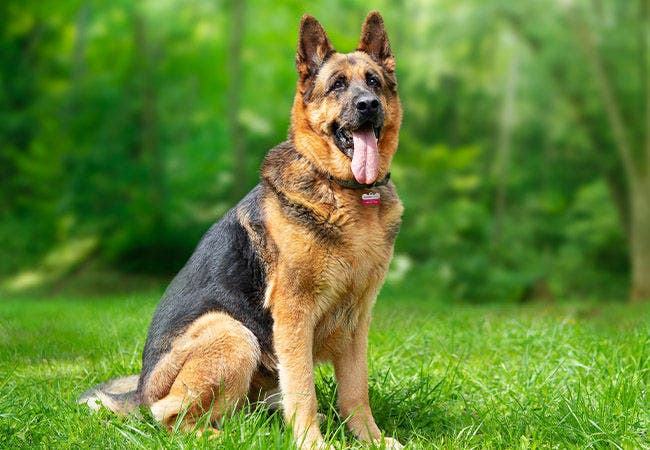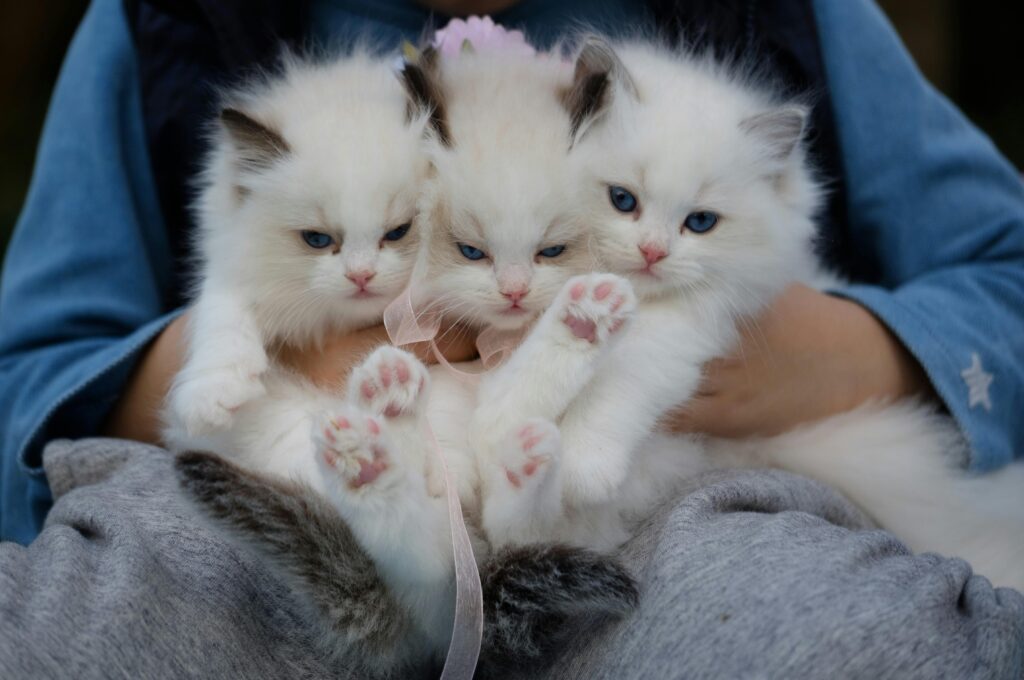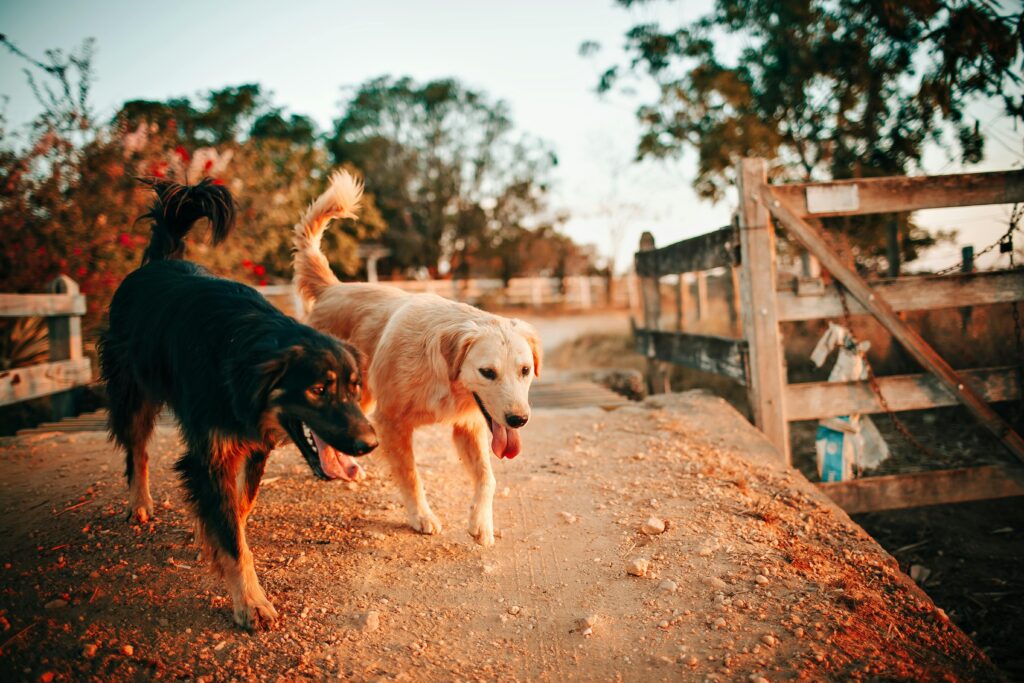Chinchilla lifespan
Chinchillas are relatively small animals that belong to the rodent family and are much valued for their soft fur and energy. They remain special because of the features listed above; they are common because they are small and have rather large lifespans. Each chinchilla’s potential owner should establish how long these animals live, what might reduce their lifespan, and with what strategies the pet’s lifespan might be expanded.
We will also learn about Chinchilla lifespan, what affects its behaviour, what Chinchillas eat and where they live, and last but not least, what has to be done for their benefit. With this knowledge, you can ensure a proper and happy chinchilla life beside you.
What is the Chinchilla’s life expectancy?
Typically, the Chinchilla will live up to 10-20 years of age; due to this, it is one of the longest-lived of the small animals that you can own. The average lifespan of your common chinchilla would be around 12–15 years if taken good care of. Originally, chinchilla animals that have good health and proper living conditions can live up to 20 years—quite long for an animal so small.
Chinchillas themselves are rather long-lived; thus, becoming owners of a chinchilla is well prepared to devote much time to a pet. It has thus become a subject to various factors including diet, environment, genetics, and health care. Looking after a chinchilla, it is possible to have a pet for a long time during which it can live up to the age of 15.
Chinchilla Life Span and Its Controlling Factors
Several factors come in to consider as far as the Chinchilla lifespan is concerned. Here, we will consider the most critical from our perspective of some of the most important ways.
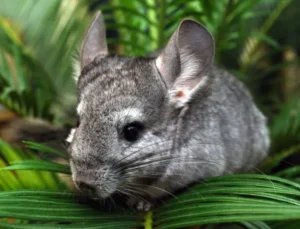
Diet and Nutrition
Proper dieting is a primary concern for any chinchilla owner because a good diet is crucial to your chinchilla’s health and its ability to survive. The numeric value appropriately means that a balanced diet plan of meals assists in averting and controlling diseases, development, balanced parts, and glossy fur coats. Chinchillas are strictly herbivorous animals, and thus their diet consists mainly of hay timothy being recommended. Hay should be available all the time so as to support dental health and digestion. Apart from hay, it is recommended to give the chinchillas pelleted food created for their kind.
Live foods such as fresh vegetables and fruits should also be available in limited quantities because most of them contain sugars, but they are good sources of vitamins and minerals. Ensure you do not offer them fruits with sugars, such as grapes or many carrots, because this will cause obesity or other illnesses. At least, fresh water should be given to the poultry daily.
The Chinchilla’s lifespan, moreover, can be decreased if a person regularly takes a poor diet or diet lacking the necessary nutrients, so proper nutrition must be a priority.
Genetics
Like with every other animal, certain genetic factors determine the lifespan of a chinchilla. Dental disease or gastro-intestinal diseases might be hereditary and could affect certain chinchillas’ health and lifespan. These risks are, however, easily avoided if one has to choose a healthy chinchilla from a reputable breeder. From pet stores, owners do not receive all the information about the family tree or health state of chinchillas, and some diseases may appear.
Habitat and Environment
The living environment of chinchillas is critically important to the life expectancy and general wellbeing of the animal. Chinchillas are wild animals that originate from the Andean slopes of South America and are cold and dry climate animals. In addition, they are extremely sensitive to heat, and when the temperature rises up to 80 F (27 C), they can die from heat stroke.
When keeping chinchillas as pets, proper cage placement and structure should be given importance to your pet’s health. The cage should, however, be large enough to accommodate a lot of space for running, jumping, and climbing, among others. The members in the nest should not be able to harm themselves physically, especially on their feet, so the ground should be a strong floor with something like bedding all over it. Bedding should be non-toxic so that if ingested by the animal, it will not harm them. Recommended bedding includes aspen shavings and paper-based bedding. Do not use cedar or pine, because oils from these woods are toxic to chinchillas.
Exercise and Enrichment
Chinchillas must be quite active, and to keep all the muscles and the brain of your pet in good shape, it has to be stimulated all the time. A hamster wheel, if bought for chinchillas, tunnels, chewing toys, and other climbing structures can be a good way of getting the chinchillas active and thereby providing the exercise they require. Obesity, boredom, and stress, which result from failure to exercise the body and mind, may shorten their Chinchilla lifespan.
Having highlighted the information regarding what reduces their lifespan in the following sections, let us advance to some measures that will improve their Chinchilla lifespan and their life expectancy.
Regular health check-ups
A vital check on these animals includes The following are among the general body checks on the chinchilla. Your exotic pet should be examined by a vet who has a special focus on the exotics from time to time. They can help monitor the weight, teeth, and general appearance of your chinchilla to early tell whether or not they are ill.
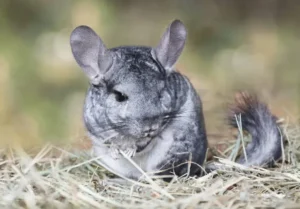
Chinchilla lifespan: natural aging as a natural process
Chinchillas are wonderful pets, but like any other animals, they have their complications, and when they get older, they don’t run around as much and require care. Older chinchillas can’t control their body temperature, are maybe less energetic, and have such diseases as arthritis or gastrointestinal disorders. They are also especially important for annual check-ups, even if the chinchilla is mature and would like to live like a king or queen when old.
Final word for Chinchilla lifespan
The Chinchilla lifespan is a true depiction of what is offered to them in terms of care and surroun. With the right feeding habits and exercise, as well as the right environment, it can live for many years, becoming pets in your home. They too live long, are intelligent, and are playful; hence, they are good pets to be adopted when someone will be willing to take time to attend to them. If you know what makes them live long or die young, you can get many years of a chinchilla’s life and keep them healthy.
FAQs about Chinchilla lifespan
What ages do chinchillas reach if they are used as pets?
All in all, the Chinchilla lifespan is between 10 and 20 years if well maintained. Chinchillas have different life expectancy according to the conditions within their habitat, but on average, most chinchillas have a life expectancy of 12–15 years.
What sort of diet would you recommend for a chinchilla in order to live longer ages?
To increase its lifespan, feed your chinchilla mostly hay and top it up with chinchilla pellets, fresh vegetables, and fruits in moderation. Always provide fresh water.
How long can my chinchilla be outside at any one time?
Your Chinchilla is best kept indoors, where you have better control over the living conditions of the animal. Of all these elements, these ones are relatively sensitive to temperature and should not be placed where they are likely to come into contact with either high or low temperatures. A rootholder should be stored inside so that it may last for as long and be fit to use as possible.
At PetMerk, we’re dedicated to providing expert guidance to help you care for your pets with confidence. For personalized advice from our specialists, contact us here. Your pet’s well-being is our priority!

